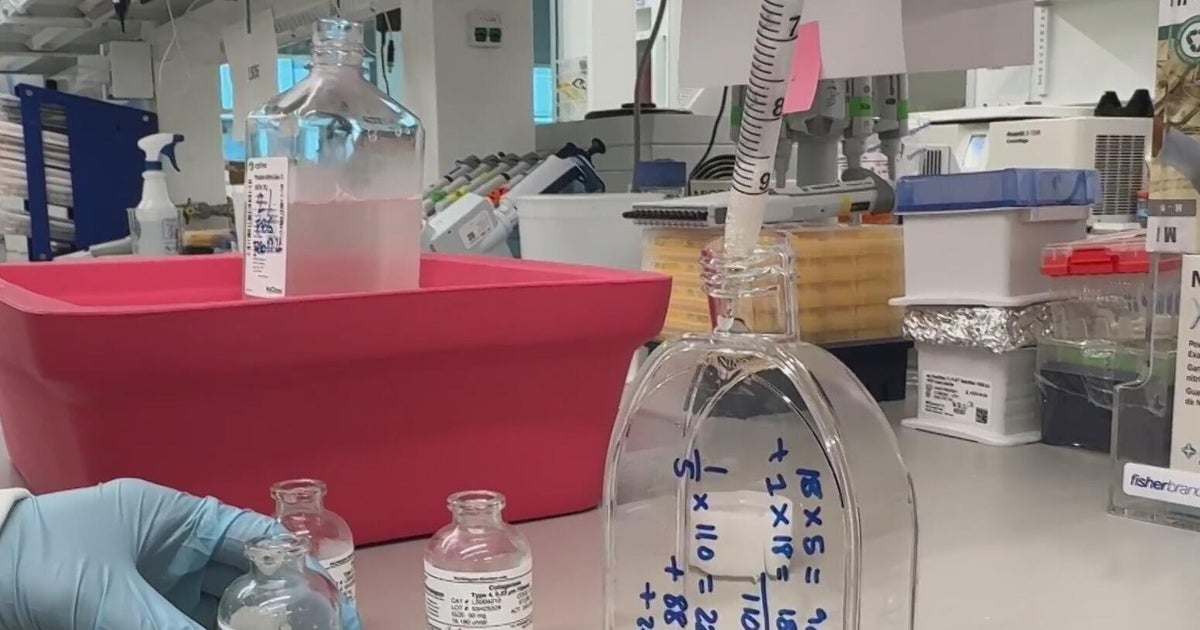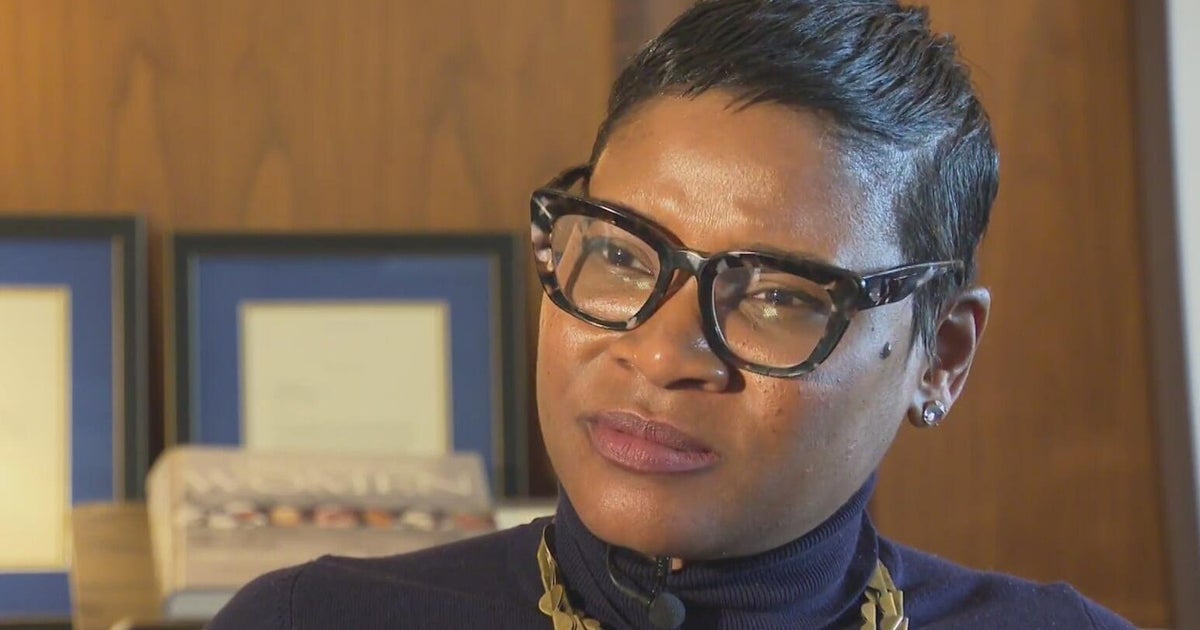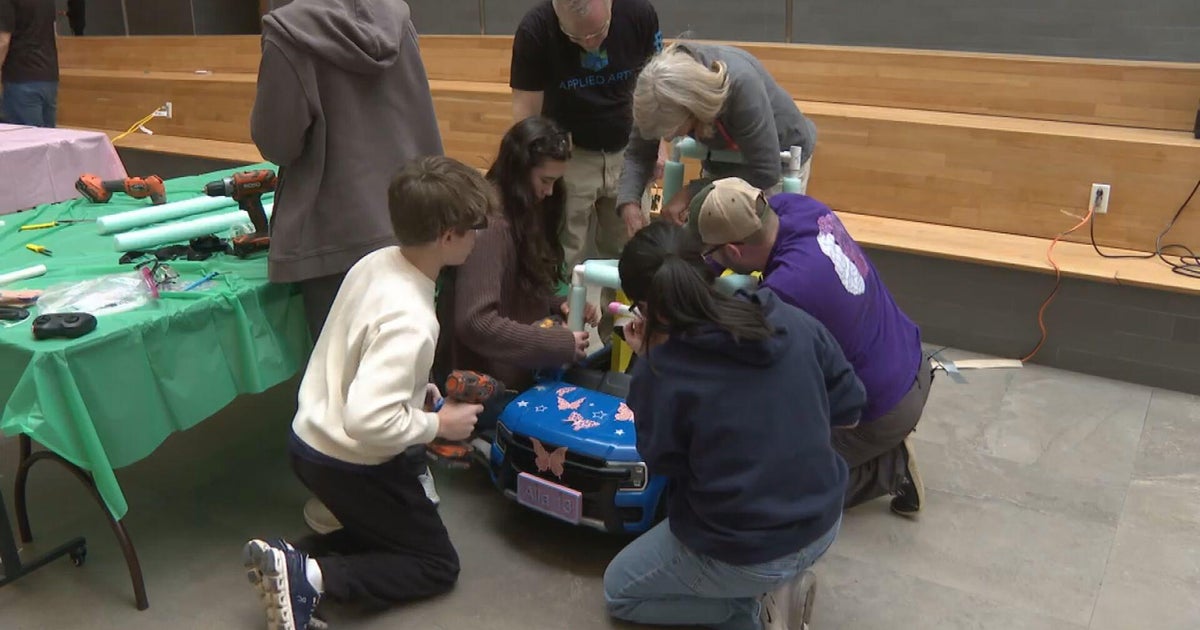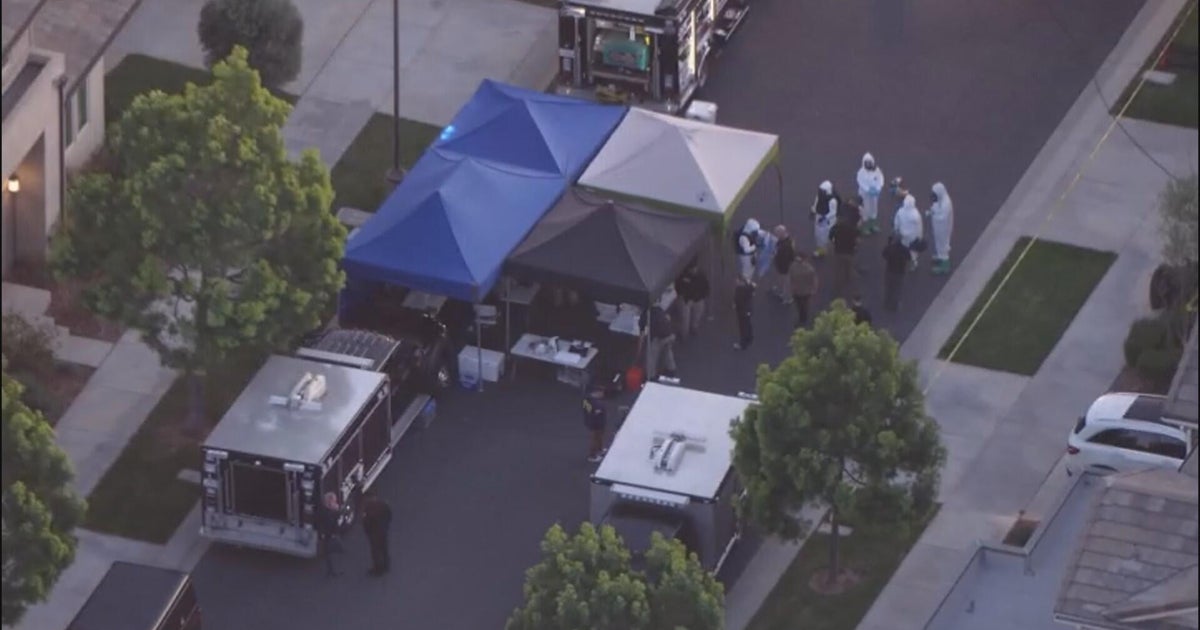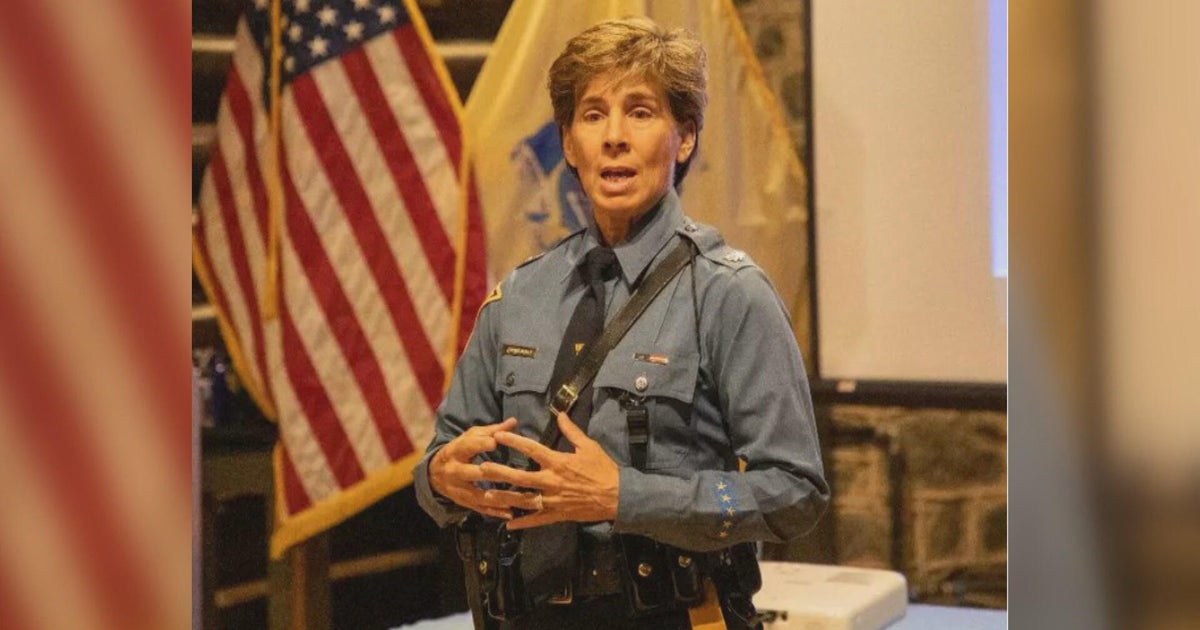Boston Researchers Work To Grow Human Organs
BOSTON (CBS) - Faye Fortier has been awaiting a new heart for almost two years. Even as an implanted electric pump keeps her alive, she has mixed feelings about the transplant that will hopefully save her.
"I don't want someone to have to die in order for me to have a heart," she says.
Ali Khademhosseini is working to change that.
WBZ-TV's Ken MacLeod reports
The multi-award winning researcher is leading a diverse, 50-member Brigham and Women's team with the lofty goal of engineering human cells to grow replacement organs in the lab, in order to eliminate one of medicine's great bottlenecks: the need for donors.
It is complicated, ground breaking stuff.
"We engineer materials that can signal the cells," says Khademosseini. "We actually make heart-like tissues."
The cells are grown in a gel-like substance on a scaffold which helps realign and shape the tissue under conditions that closely replicate development in the human body.
He showed WBZ some heart cells from a rat that now beat in sync on their own, after several weeks of nurturing in the lab.
Full human organs are certainly many years off, but an answer for damaged sections of heart might be closer.
"That's the low hanging fruit," says Khademhosseini. "To make pieces of heart that can potentially get sutured in place."


